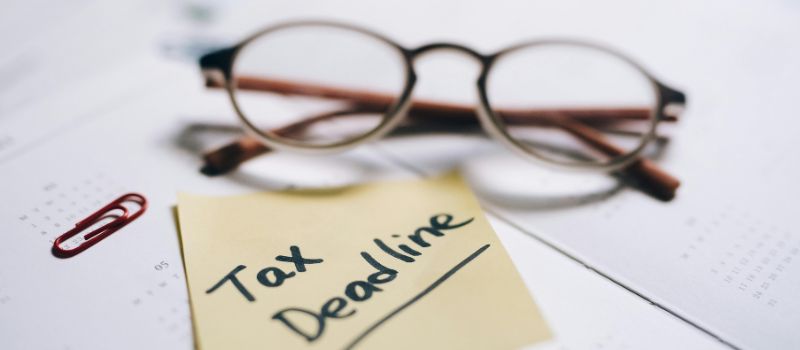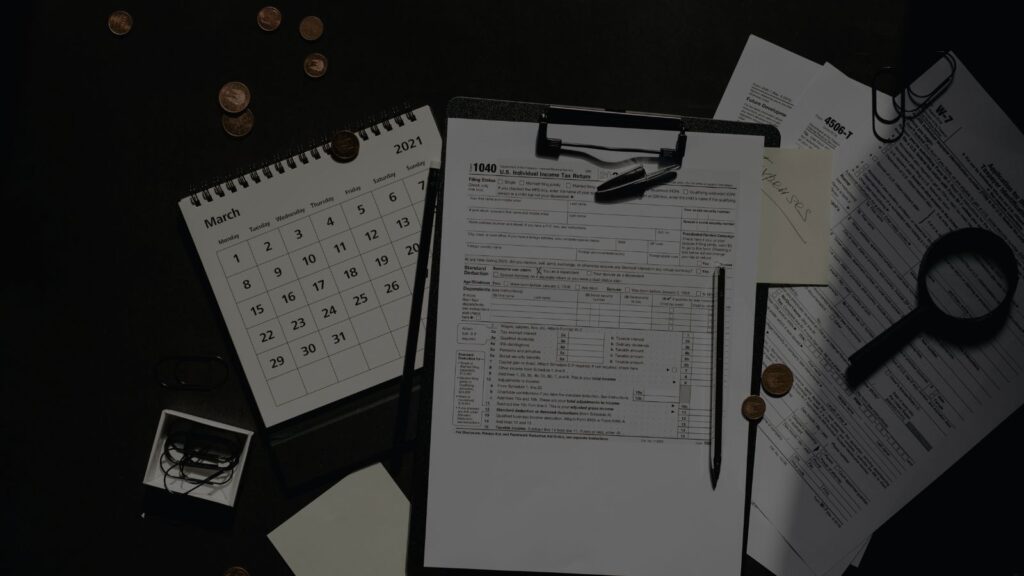Understanding Sales Tax Audits for Service-Based Businesses
When you are undergoing a sales tax audit, you may regret selling tangible items along with your service. If you have not taxed the entire sale, then the auditor will look at the true object of the sale.
Determining Taxability of Mixed Transactions
When you provide a physical good along with a service (e.g., heart treatment along with a heart monitor), but the good is secondary to the service, taxability is based on the real object of the transaction: the service provided.
In order to comply with the sales tax laws of your state, determine the intended use of the good or service. Ask yourself:
- Is the service you’re providing secondary in importance (“incidental”) to the installation of the equipment?

Applying the True Object Test
To help make the determination, a number of state taxing authorities developed an analysis called the “true object test” which they apply to the total transaction.
Using the true object test, you can get a better idea of whether a transaction will be taxable by determining whether the service provided or the property acquired is the main purpose or the true object of the transaction.
To apply the true object test:
- Look up the rules of the state in which you’re conducting business.
Common Triggers for Sales Tax Audits
What’s Responsible for Audit Flags and Potential Penalties?
- Tax obligations service-based businesses don’t think they have.
- For companies servicing installation contracts, technical support, or other business services, sales tax can become a problem if not addressed promptly.
Examples of At-Risk Businesses:
- Construction services
- Manufacturers that provide services along with products
- Other service-based businesses along the supply chain

As ecommerce shrinks the time between order and delivery, the sales tax risk for supply chain providers grows.
Frequently Asked Questions
What is the “true object test” in sales tax audits?
The “true object test” is a method used by state tax authorities to determine the primary purpose of a transaction whether it is the service provided or the tangible good involved. This test helps decide if a transaction is subject to sales tax.
Are services always exempt from sales tax?
No, not always. While many services are exempt, if the service includes a tangible product or is part of a mixed transaction, the entire sale may become taxable depending on the state’s laws and how the transaction is structured.
What types of businesses are most at risk during a sales tax audit?
Service-based businesses that also provide tangible goods such as construction services, technical support providers, or manufacturers offering bundled services are often flagged due to complex taxability rules and incomplete compliance.
How can I determine if a good or service is taxable in my state?
You should consult your state’s sales tax rules and apply the “true object test” to assess whether the main intent of the transaction is the service or the good. This will help determine its taxability.
What are common audit triggers for service-based businesses?
Common triggers include failure to tax bundled transactions, misclassification of sales as service-only, and not registering in states where economic nexus applies. These issues can lead to penalties and back taxes during an audit.

